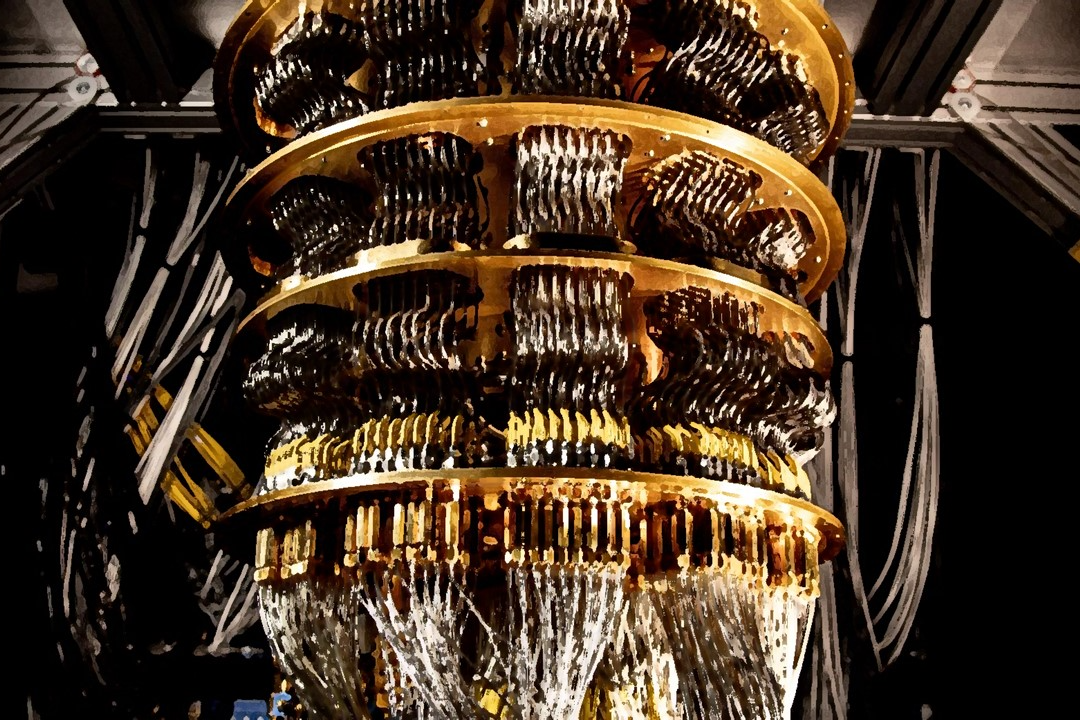2024-05-20

Professor
Massimiliano Sala is a Professor of
Mathematics at the University of Trento. He also has expertise in the field of cryptography.
Professor
Massimiliano Sala warns blockchains could get attacked from quantum
computing such as people use quantum computer to hack our public keys and steal
our crypto assets.
According
to Professor Sala, the advent of quantum computing poses significant threats to
the cryptographic underpinnings of blockchains.
Quantum computing utilizes the principles of quantum mechanics to process information.
Unlike
classical computers that use bits to represent data as 0s or 1s, quantum
computers use quantum bits, or qubits, which can exist in multiple states
simultaneously.
This
allows them to perform complex calculations at unprecedented speeds, quantum
computers can solve problems that classical computers take many years to finish
but quantum computers take a few minutes to finish solving the same problems.
According
to Professor Sala, quantum computers, with their ability to solve complex
mathematical problems at unprecedented speeds, could potentially break the
digital signatures that are the cornerstone of blockchain security that protect
users on blockchain platforms.
He proposes that we need a proactive
approach to developing “post-quantum cryptographic schemes” that are designed to be secure against quantum
computational attacks.
Professor
Sala emphasizes the urgency of transitioning to quantum-resistant cryptographic
systems to protect blockchains.
The
integration of quantum-resistant algorithms into existing blockchain
technologies, however, is not without its challenges.
These include increasing of computational power and larger block sizes to secure transactions, which could impact the efficiency and scalability of blockchain networks.
Despite
these hurdles, Professor Sala believes that we can create quantum resistance.
He
affirms that we need a transition to quantum-resistant cryptographic systems.
He
suggests that one of solutions is to apply algebra and coding theory to create
quantum-resistant cryptographic systems.
Professor
Sala illustrates this with examples like the algebraic problem of finding the
closest element in a predetermined lattice and the coding-theory-related
challenge of decoding noisy data.
These
mathematical concepts are integral to the development of robust cryptographic
defenses that can endure the quantum era.
Furthermore,
Professor Sala's work with the National Italian Association for the support of
study and research in cryptography provides an intriguing vantage point on the
broader industry and its development.
His
insights underscore the importance of international collaboration, such as the
efforts led by the U.S. National Institute of Standards and Technology (NIST)
in promoting the creation of cryptographic standards resistant to quantum
attacks.
The
smallest chips TSMC can produce have the size of 3 nanometer which is extremely
small.
A
typical atom has the size between 0.1 and 0.5 nanometers in diameter. Quantum
computing can do calculation in the size of an atom that make quantum computers exponentially
faster that classical computers.
Many physicists expect that quantum computers
will be used in daily life in 10 years.
Professor
Massimiliano Sala suggests that blockchain industry needs next level
of security to protect against quantum attacks and quantum hacks.